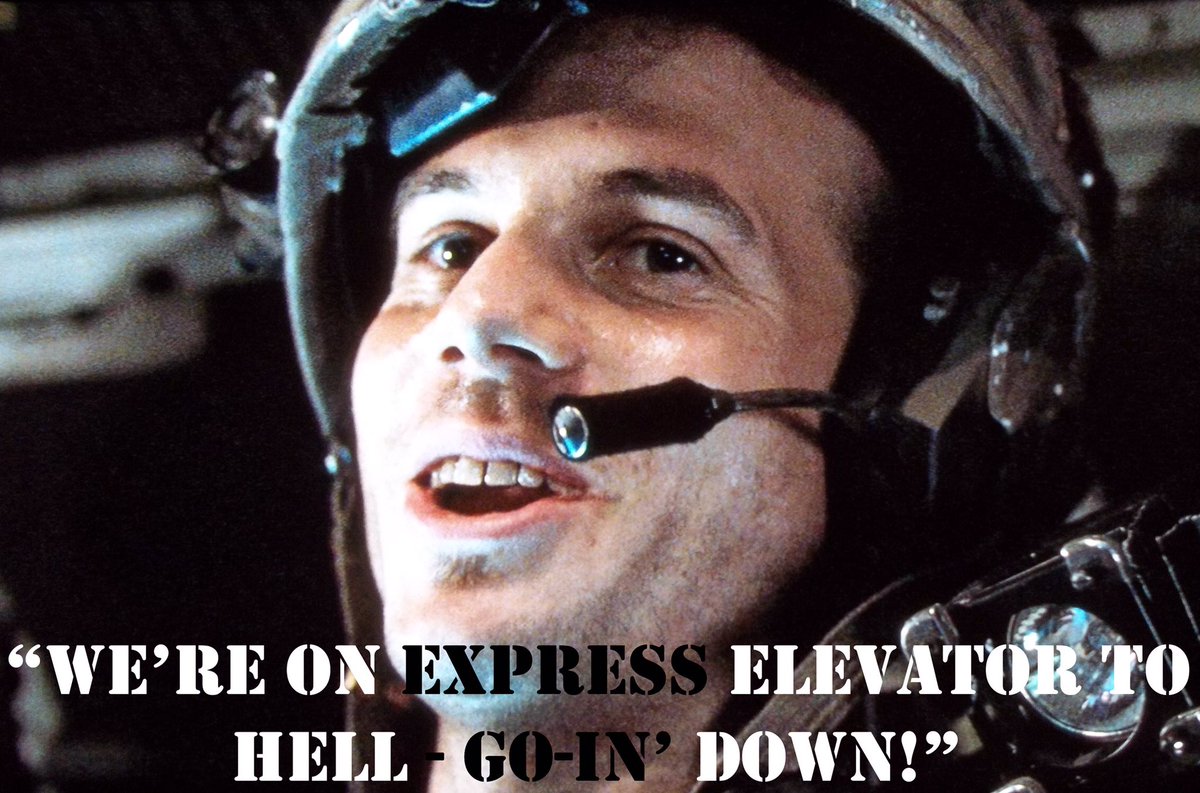


Scott and a quartet of screenwriters correct most of Prometheus’ missteps, but retain the film’s thematic interest in the fraught relationship between creators and creations. The crew elects to check out this uncharted planet, but-surprise-the apparent paradise is not all it seems.Īside from the gorgeous visuals of Prometheus cinematographer Dariusz Wolski and superlative visual effects, one of the chief pleasures of Covenant is its remorseless plot, so the less said about what exactly transpires the better. Coincidentally, an enigmatic transmission draws their attention to a nearby planet better suited to human habitation than their destination. A deep space mishap awakens the ship’s skeleton crew early with tragic results, and the survivors are accordingly reluctant to climb back into their cryo-sleep pods. Minding the ship in the meantime is Walter (Michael Fassbender), a more advanced version of the same android model seen in the 2012 film. Appropriately, Covenant is a neatly balanced hybrid of Prometheus’ classical sci-fi of Big Ideas and Alien’s elemental “monster-in-the-dark” horror.Ĭovenant picks up several years after the ill-fated Prometheus expedition, as a starship loaded with colonists streaks toward a virgin planet that will be the passengers’ new home. That ambiguity has been discarded with the filmmaker’s latest work, Alien: Covenant, which is both a direct sequel to Prometheus and an origin story of sorts for the Xenomorphs of the Alien franchise.


When Prometheus premiered in 2012, director Ridley Scott was cryptic about the film’s alleged narrative connections to his 1979 masterpiece, Alien.


 0 kommentar(er)
0 kommentar(er)
